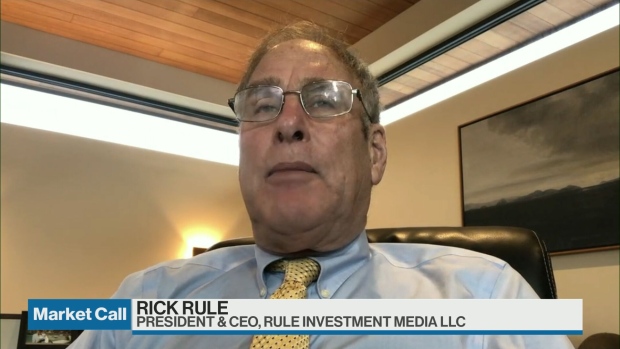
Rick Rule's Top Picks: February 28, 2022
BNN Bloomberg
Top picks from Rick Rule, president and CEO, Rule Investment Media LLC
MARKET OUTLOOK:
I believe that the benign economic climate that we have enjoyed for forty years is changing. In particular, the advantage capital markets have derived from falling interest rates will end. Increasing inflation and increasing government demands on private wealth will combine to create a need for different investment strategies over the next decade.
In particular, I believe that a four-decade long period of relative underperformance, for physical precious metals, and precious metals-related assets is over. Precious metals do well when savers and investors are afraid about their ability to maintain their purchasing power, in conventional savings and investment instruments, particularly those denominated in the U.S. dollar. Those fears are being driven by quantitative easing (counterfeiting, were it not done by government) excessive government debt and deficits, and especially negative real interest rates, which guarantee a loss on conventional savings products.
Against this positive backdrop, the market share for precious metals, and precious metals-related investment assets, is historically low, estimated at 1/2 of 1 per cent, in the USA, down from an estimated 1 1/2 – 2 per cent mean market share over three decades. Mere reversion to mean, could triple, or quadruple demand for this asset class.
Absent a global recession or depression, other natural resource markets should continue to be attractive, as well. I believe that global societies have underinvested in all of the productive capacities around commodity supply, from grass roots exploration, all the way though sustaining capital investments, humankind has been underinvesting in resource-based businesses, even as demand has continued to increase.
In particular, economic growth and an increase in living standards in emerging and frontier markets. When the poorest half of humanity acquire more wealth, an improvement of their material standard of living, is usually a key priority. Their purchases are material intensive and drives demand for affordable natural resources.
